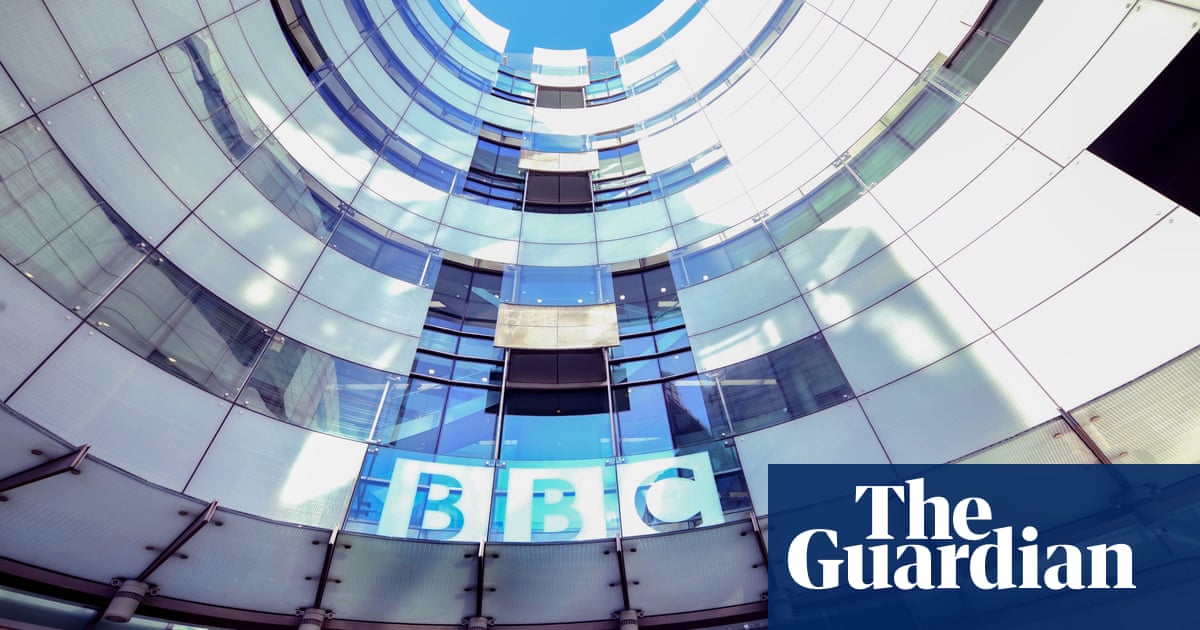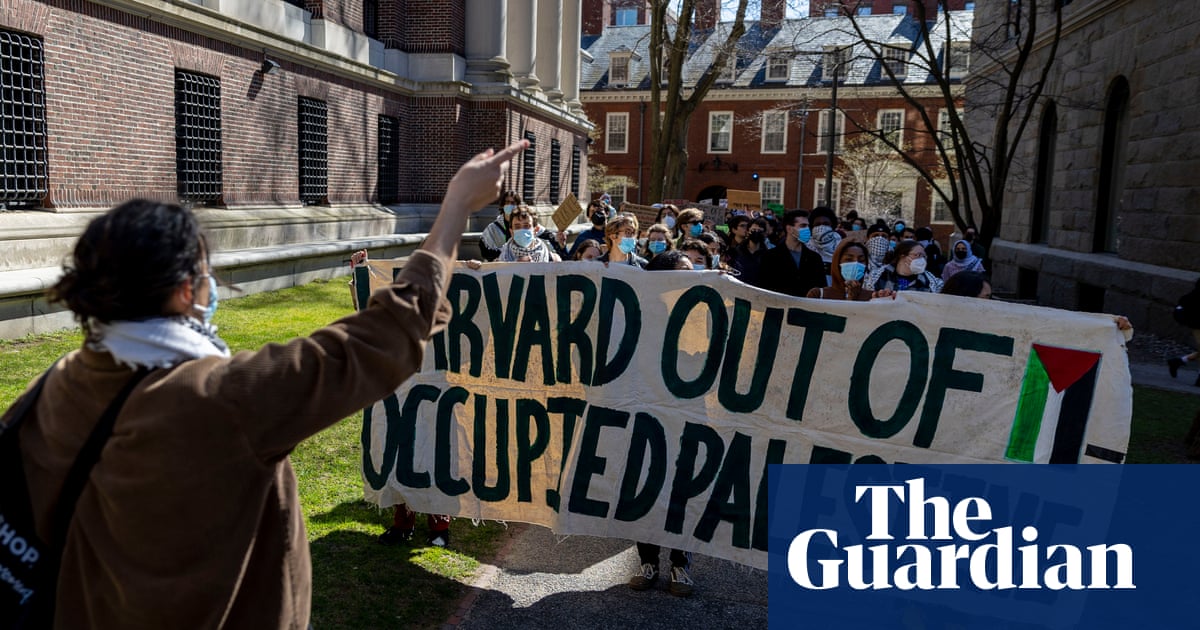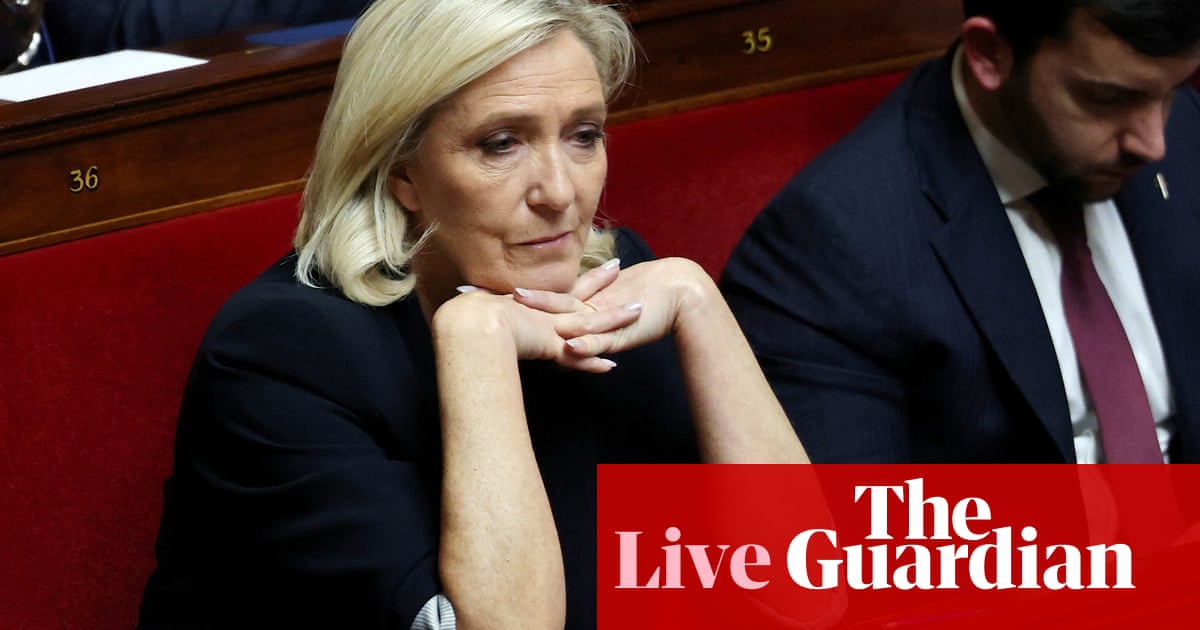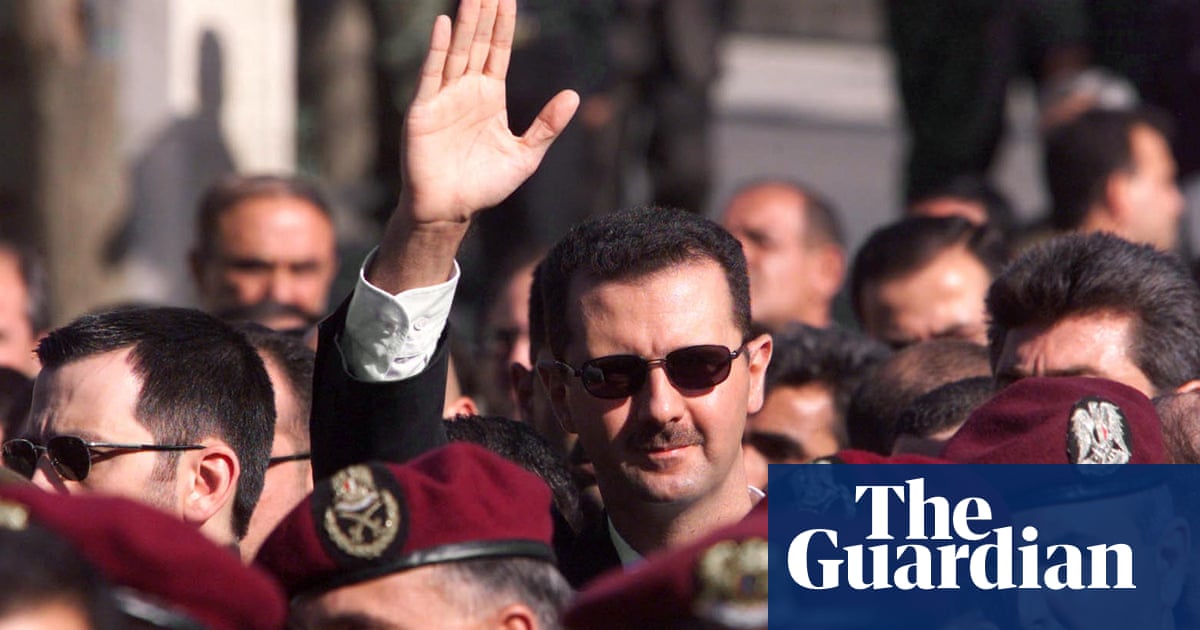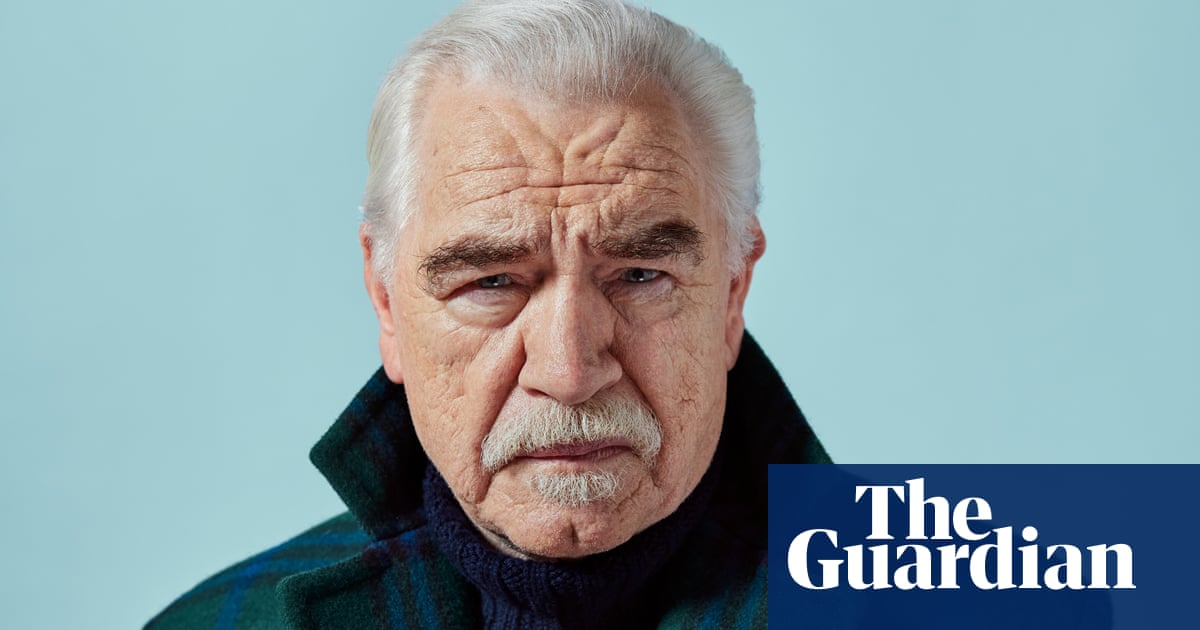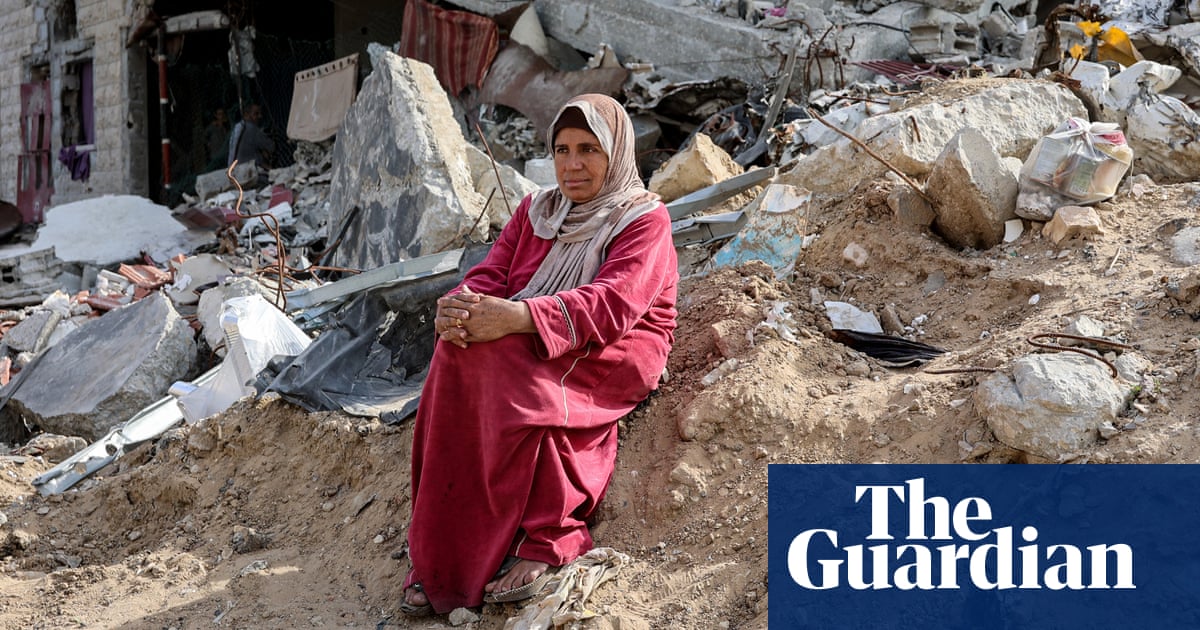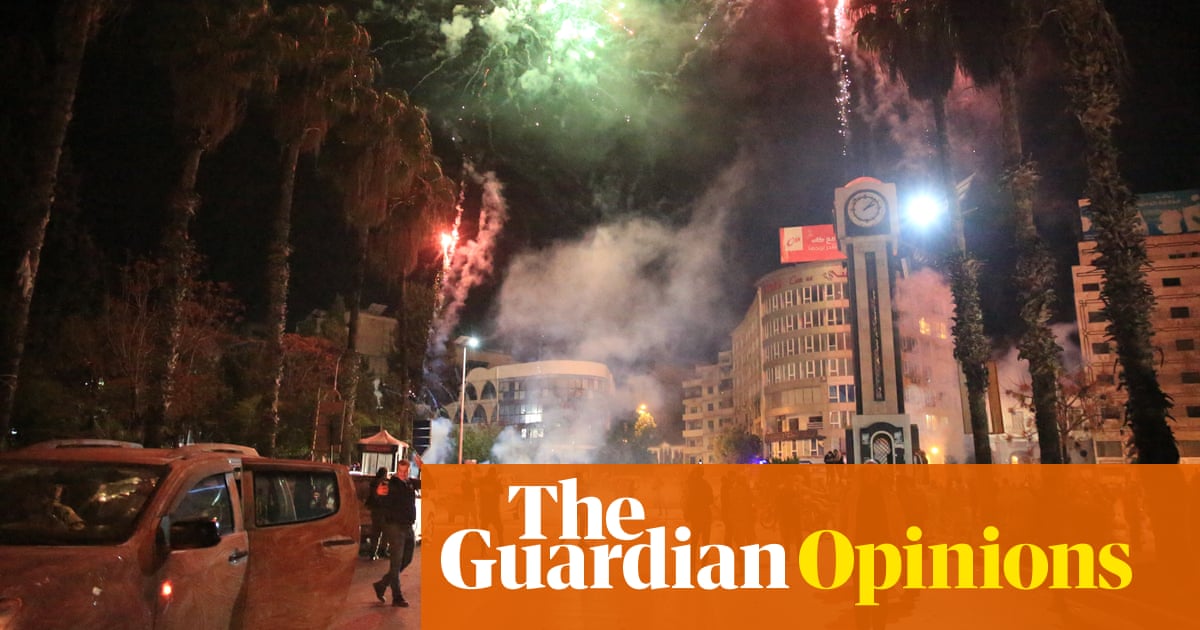For once, use of the word “historic” is justified in describing the toppling of Bashar al-Assad’s regime after more than 50 years of brutal dictatorship, 13 years of on-off civil war and a world of suffering. The people of Syria, or most of them at least, are jubilant. They should enjoy the moment. They deserve it. It recalls the celebrations that accompanied the fall of Iraq’s Saddam Hussein and Libya’s Muammar Gaddafi. Yet such memories carry a warning and a threat.
The warning is that joy can quickly turn to tears, and liberation to renewed repression, should the sudden collapse of hated but relatively stable authoritarian structures trigger an uncontainable descent into chaos. The threat is that the ensuing political and military vacuum will be contested by self-seeking actors interested not in justice and reconciliation, but power and retribution. In Syria, revenge is a dish served hot – and it’s back on the menu.
The beginning of the campaign to oust Assad can be traced back to Daraa, in south-western Syria, the scene of a popular revolt in 2011. In that context, the successful advance of the militant group Hayat Tahrir al-Sham (HTS) from its base in Idlib, in north-west Syria, to the capital, Damascus, is a fitting ending: a popular revolution by the people, for the people. Yet no one can yet tell what kind of Syrian future is envisaged by the HTS leader, Abu Mohammed al-Jolani, formerly an al-Qaida-linked jihadist and a wanted terrorist rebranded as national liberator. HTS has a record of human rights abuses and authoritarian rule in Idlib.
Many Syrians reportedly flocked to the HTS banner as Jolani’s forces drove south. But other groups, with different aims and interests, are moving quickly to exploit the crisis. They include a coalition of Kurdish-led nationalist militias in the north-east – the US-backed Syrian Democratic Forces; Turkish-backed rebel factions collectively known as the Syrian National Army; and opposition groups in the south, united by hatred of Assad but perhaps not much else.
Can the prewar Syrian mosaic – multi-ethnic, multi-religious, unusually tolerant and secular – be pieced back together? Is Jolani a man fit to lead a nation? Who else might prevent an anarchic territorial and political fracturing? No one has answers to these questions as yet. The regime’s prime minister, Mohammed Ghazi Jalali, announced that, unlike the wretched Assad, he is staying put and is ready to work with the insurgents. Brave words, and hopefully not his last.
The challenges ahead are truly daunting. The civil war killed more than 300,000 people, although some estimates are double that figure. About 100,000 people are believed missing or forcibly disappeared since 2011. Where are they? A terrible accounting now begins. Half the population – about 12 million people – are displaced. Tens of thousands were detained without trial, tortured, abused. Their prisons are now emptying, sending a tide of angry, embittered, physically and psychologically scarred and vengeful people back into a devastated, already dysfunctional society. Millions of refugees, in Turkey and Jordan, may head home en masse. Humanitarian and security calamities loom.
Destructive foreign meddling – central to the story of Syria since the war began – is another very real threat if things fall apart. Assad’s toppling represents a huge defeat for his main sponsors, Russia and Iran. Vladimir Putin moved into Syria in 2015 after the then US president, Barack Obama, backed off, prioritising counter-terrorism over support for pro-democracy forces. Russian air force bombers, along with Iranian Revolutionary Guards, kept Assad in power. Putin’s reward was military bases and increased leverage. All that’s imperilled now.
For Iran, the Syrian collapse is but the latest in a string of reverses linked to Israel’s fightback after the 7 October 2023 Hamas terrorist attacks. Israel’s degradation of Hezbollah in Lebanon, Tehran’s key ally in the so-called region-wide “axis of resistance”, denied Assad another important prop and rendered more vulnerable Iran’s position. Its embassy in Damascus is reportedly under attack. Its diplomats have fled. Yet neither Russia nor Iran will give up. They will seek to shape the new order to their advantage, regardless of what’s best for Syrian people.
Much the same may be said of Israel which, in its campaign against Hamas and other Iranian proxies, has repeatedly bombed what it says are Iranian and Hezbollah targets in Damascus and elsewhere in Syria. Tehran sees Israel’s hand in Assad’s downfall. Though perhaps not deliberately, Israel – following the law of unintended consequences – certainly helped undermine him. Now it worries about a failed state on its border, who is in control of Assad’s chemical weapons, and a possibly renewed Islamist jihadist threat.
Talking of own goals, that former footballer Recep Tayyip Erdoğan, president of Turkey, is well in the lead. He is thought to have given HTS the green light to launch its offensive after Assad rebuffed his attempts to create a border buffer zone inside Syria. Erdoğan is obsessed with the Kurdish “threat” from northern Syria and Iraq. He may now send more troops across the border. Yet did he really intend to smash the regime and trigger chaos throughout Syria? Maybe Erdoğan could explain how that serves Turkey’s interests.
Unless the darker conspiracy theories are believed, the US, Britain and Europe have been just as surprised by events as Assad. That in itself is an alarming intelligence failure – but then again, the west’s record throughout the Syrian war has been one long, abject failure. It largely looked on as the most terrible suffering, mass displacement, war crimes, illegal use of chemical weapons and other horrors unfolded. Its occasional interventions – such as Donald Trump’s one-off 2017 bombing of regime military facilities after a chemical weapons attack in Khan Sheikhun in Idlib – were undertaken more to ease collective consciences than to effect real change. Now the west plays spectator again – although the threat posed by state failure is urgent. “It’s not our fight,” says Trump smugly.
No use looking, either, to Arab neighbours in the Gulf for help at this critical moment. Just over a year ago, Assad succeeded in shattering his well-earned international pariah status at an Arab League summit in Riyadh. He was feted by, among others, the Saudi leader, Mohammed bin Salman. The not-so-diplomatic message was that Assad was back. Rehabilitated. The world could do business with him again.
Wrong. Assad was a monster and he still is. Wherever he’s gone, he should not sleep easy. In the meantime, it falls to the Syrian people to save Syria. No one else will.
-
Simon Tisdall is the Observer’s foreign affairs commentator

 3 months ago
57
3 months ago
57

